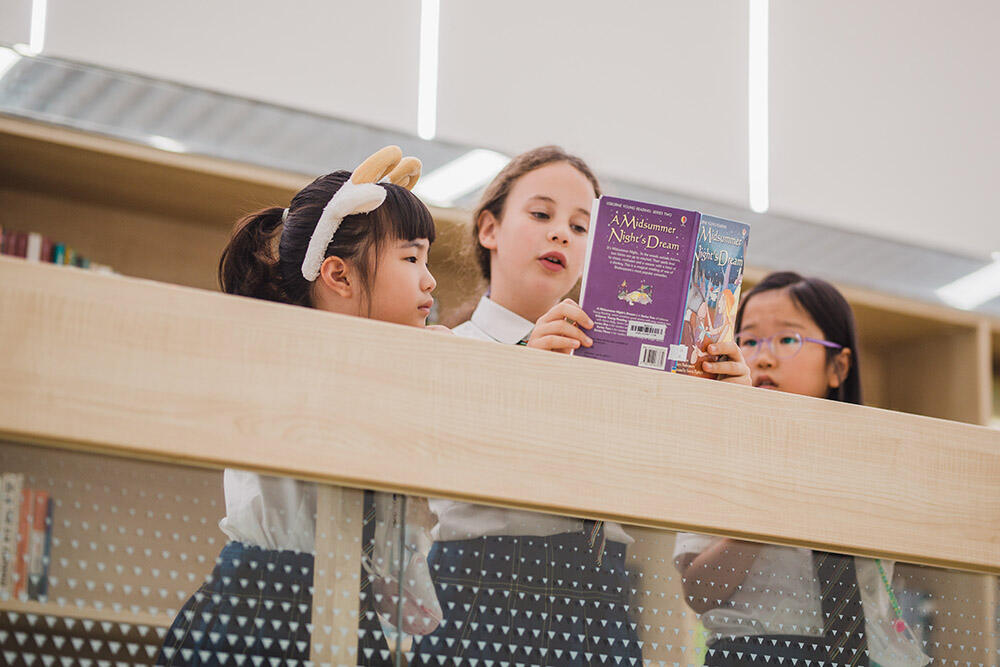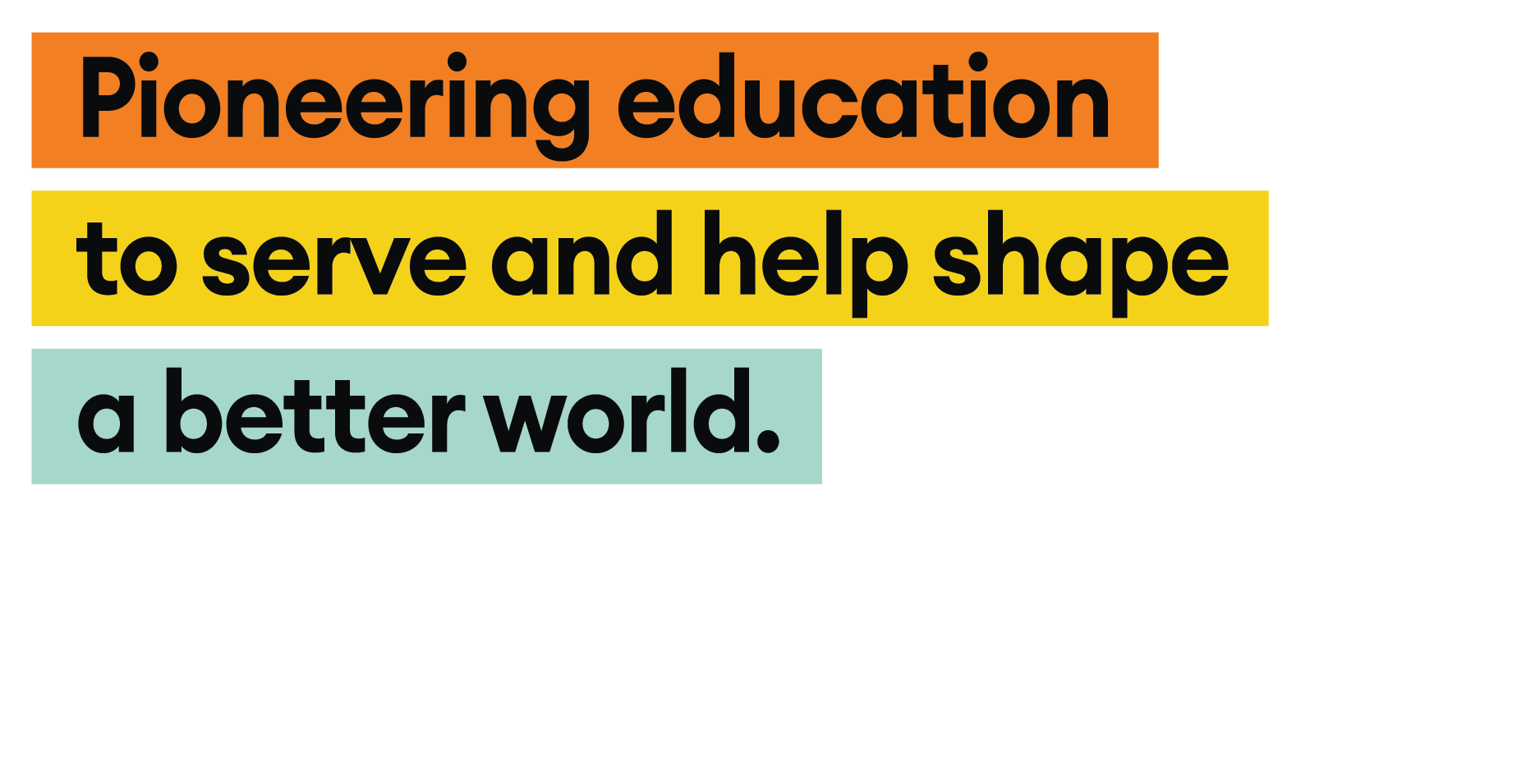Digital Citizenship Week 2024
Mr Gregor Markovic
教学信息技术主任
As is our annual tradition at Wellington College Tianjin, all phases of the college joined the global digital citizenship initiative by participating in a wide range of activities including dedicated assemblies, tutorial sessions, and subject-specific topics designed to develop knowledge and understanding around safe, responsible, and purposeful use of technology. Each year, we select two of the nine elements of digital citizenship as the themes for Digital Citizenship Week - this year we have focused on digital literacy and e-commerce, including in-game purchases, which have raised growing concerns in the past several years. ☛ Learn more
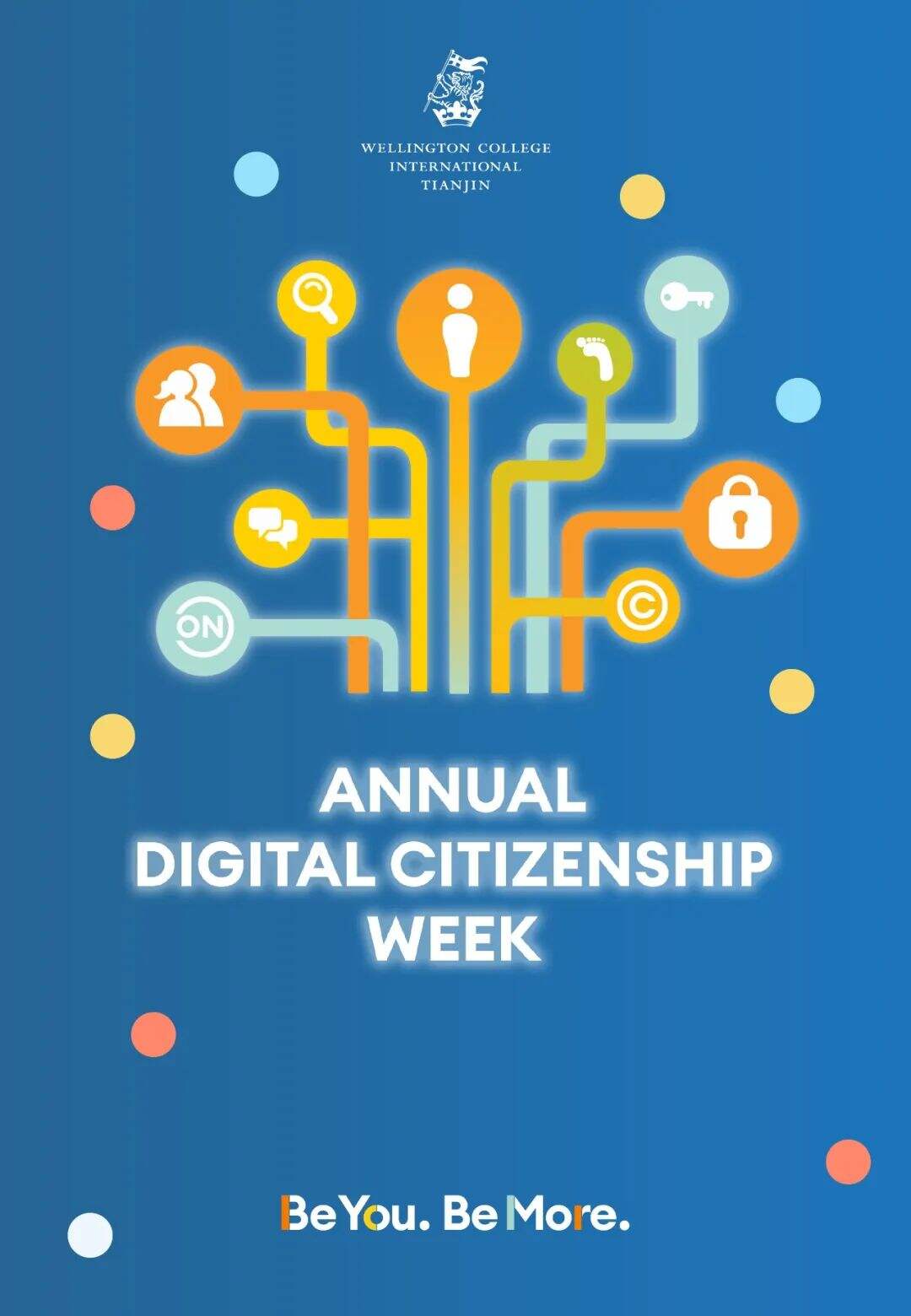
I believe that it is always a good time to take a moment and remind ourselves of our college’s definition of digital citizenship: Wellingtonians are encouraged to display the College’s core values - Kindness, Responsibility, Respect, Courage, Integrity – whenever engaging with digital technologies. Pupils are inspired to take action to make digital communities a fairer, safer, and more respectful environment for all. We strive to live by our five core values in and beyond school life, so it certainly makes sense to ensure that we are positive contributors in the digital realm as well.
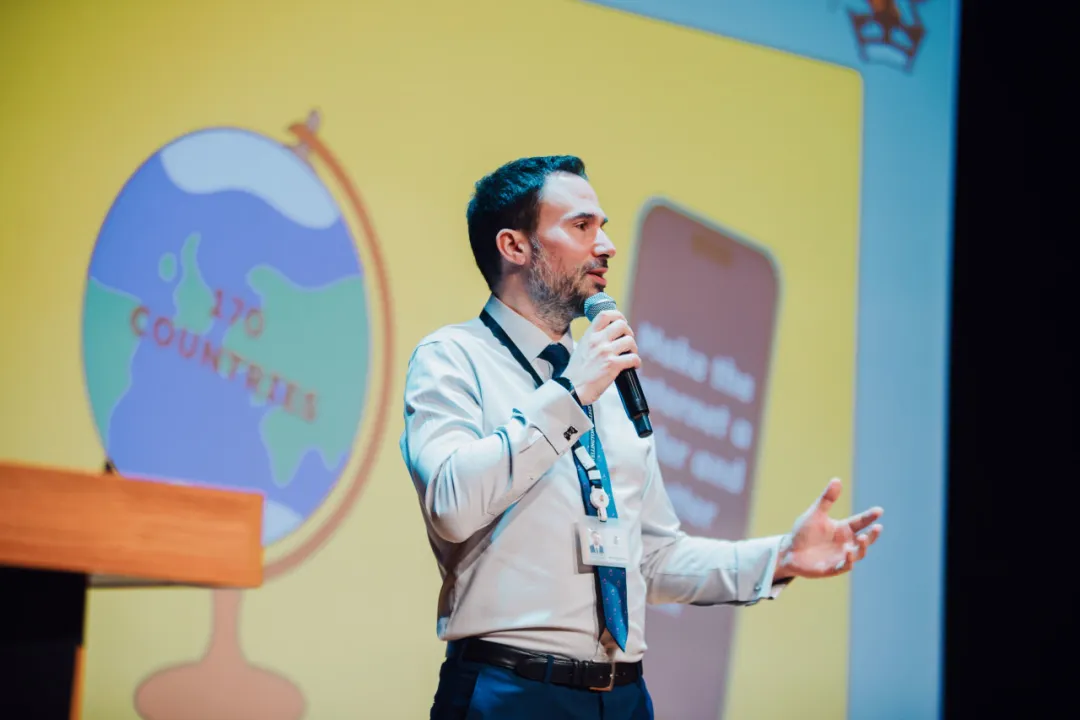
In addition to our efforts surrounding digital citizenship, the integration of advanced technology in classrooms has become an indispensable part of our educational approach. At Wellington College Tianjin, we harness the power of educational technology (Ed-Tech) to enhance our pupils' learning and engagement. Interactive display panels, two-in-one tablets, and educational, AI-powered software are routinely used to make lessons more dynamic and interactive. These tools not only support traditional learning methods but also encourage pupils to develop critical thinking skills and collaborate more effectively.
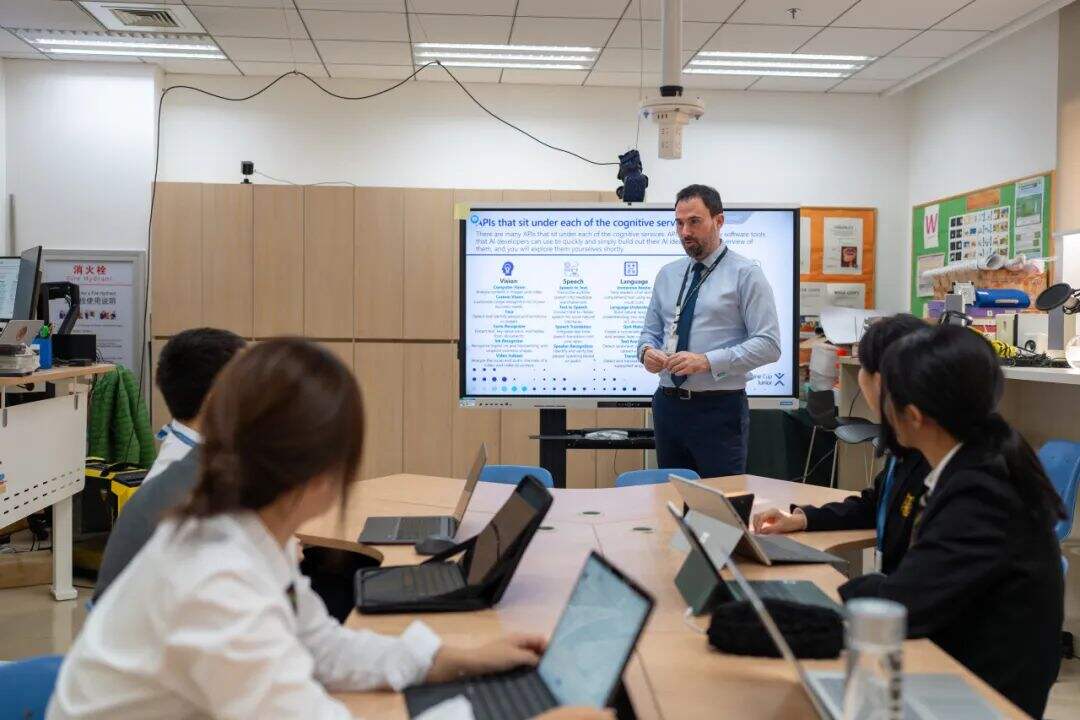
Our commitment to embracing technology extends into the realm of STEAM education, which encompasses Science, Technology, Engineering, the Arts, and Mathematics. By incorporating STEAM principles into our curriculum, we offer pupils hands-on experiences that foster creativity and innovation. For example, pupils might have the opportunity to design and build their own robots, create digital art, or participate in coding competitions. These activities not only sharpen their technical skills but also inspire a deeper interest in subjects that are crucial for the future.
Furthermore, we recognize the importance of preparing our pupils for an increasingly digital world. Our Ed-Tech initiative aims to equip our pupils with the skills they need to thrive in the 21st century. Through the use of cutting-edge technology, we strive to develop digital literacy and the ability to adapt to new technological advancements. This ensures that our pupils are not only consumers of technology but also creators and innovators who can contribute meaningfully to a rapidly evolving digital landscape. As the age of ubiquitous Generative AI presence is dawning, our goal is also to ensure that our pupils are ready for AI-enhanced jobs of the future. To this end, we were among the first schools to the have embraced the educational use of generative AI for enhancing our teaching and learning processes, and we are en route to educating our pupils about not only efficient, effective, and safe use of GenAI, but also the principles of its operation so that they can become leaders of their fields in the future.
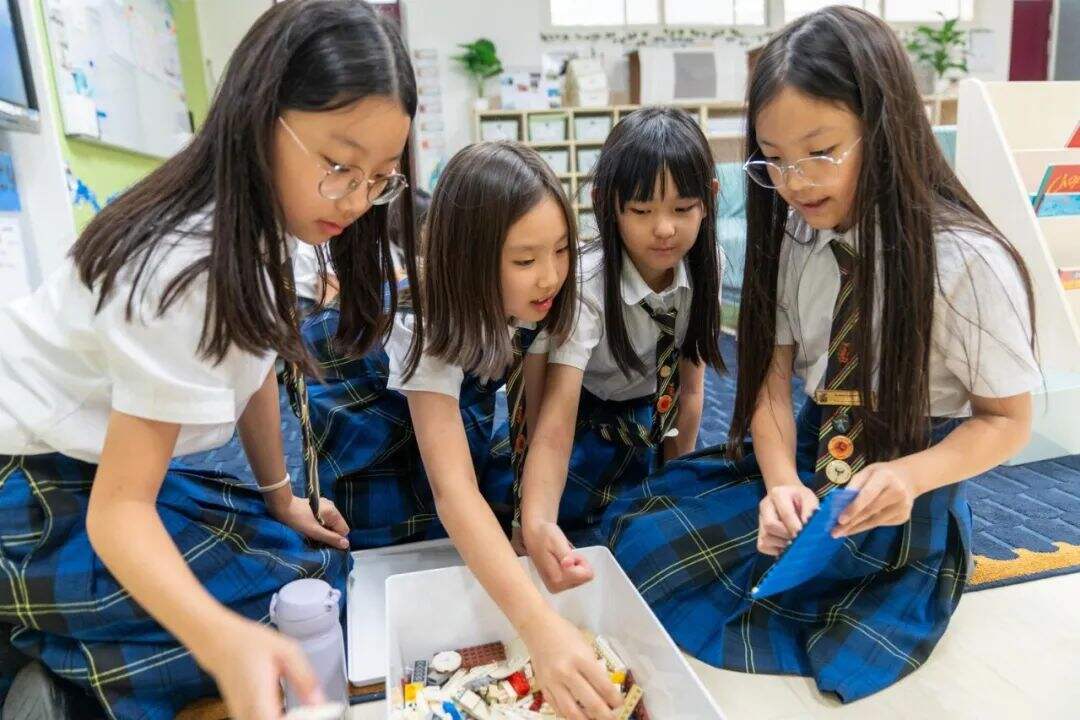
In summary, at Wellington College Tianjin, we believe that integrating technology in education goes beyond merely using new tools, however effective these may be. It involves fostering an environment where pupils can safely and responsibly explore the digital world, develop essential skills through STEAM education, and embody the core values of digital citizenship. By doing so, we prepare our pupils to be informed, responsible, and innovative digital citizens who are ready to make a positive impact in the global community – we are all digital citizens!
Related Articles









 Channel
Channel 
 Linkedin
Linkedin  Facebook
Facebook  Ins
Ins 

